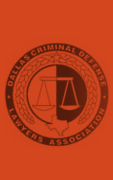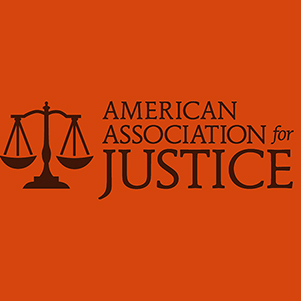How Do I Get a Criminal Charge Wiped From My Record?
Trials are over, court proceedings have ended, and you’ve fulfilled all necessary requirements and penalties related to your arrest. Now what? Those arrested, charged, or convicted of a criminal offense often find their past haunts them long after their case has ended, and while you may think you are doomed to suffer the consequences of past mistakes for the rest of your life, there are circumstances where Texas law offers opportunities for a clean slate. This is accomplished through a legal process called expunction.
With expunction, all information related to a criminal arrest will be permanently removed and an individual charged with a crime can deny the incident ever occurred. This erasure is invaluable and opens up a wealth of opportunities for your career and future. While serving as a priceless legal tool, this option is only available if you meet very selective requirements.
Do I Qualify for Expunction?
You have a criminal record that is holding you back and are wondering whether expunction is an option for you. First of all, the Court will not grant you an expunction if your offense is considered part of a “criminal episode.” Second, the timing of your petition to have your charge expunged matters. The Court only grants expunctions after the statute of limitations for a charge has expired—this period is usually three years. In other words, the amount of time a county has to prosecute an offense after an arrest is usually three years or longer and you cannot pursue an expunction until that time has expired. With those blanket disqualifications established, a charge can be forever removed from your record if:
- You were a minor convicted of some violation of the Alcoholic Beverage Code
- You were a minor convicted of Failure to Attend School
- You were under age 17 and convicted of a misdemeanor, punishable by fine
- You were arrested for a crime but never charged
- Your criminal charge was ultimately dismissed
- You were charged with a crime when your identity was stolen by an individual who was arrested, charged, or convicted of the crime
- You were convicted of a crime but were acquitted by the Criminal Court of Appeals
- You were convicted of a crime but pardoned by the Governor of Texas or the President of the U.S.
If one of the above situations applies to you, you will need to follow very specific guidelines to have an expunction granted. One minor mistake or oversight will jeopardize the entire process, so it would be wise to seek an attorney to ensure you are following legal procedure. After obtaining a lawyer, you will file a Petition for Expunction with the district court. This will request an Order for Expunction from the Court and begin the process of clearing your charge.
Contact an Attorney in Dallas
Expunction is a very complex legal procedure that requires diligent execution. You, as the “Petitioner,” will need to provide personal identifying information, information about the offense charged, when the offense occurred, the name of the arresting agency and all agencies involved, the cause number for the case, the name of the court, and how the case was resolved. Even a slight departure from the procedure can ruin your chances of expunction, making it absolutely crucial you seek qualified counsel to guarantee you meet all of the requirements. If you want to protect your future and are interested in expunction, the skilled attorneys at Law Offices of Mark T. Lassiter can guide you through the entire legal process. Don’t hesitate to reach out to our Dallas offices at (214) 845-7007 for qualified counsel.








